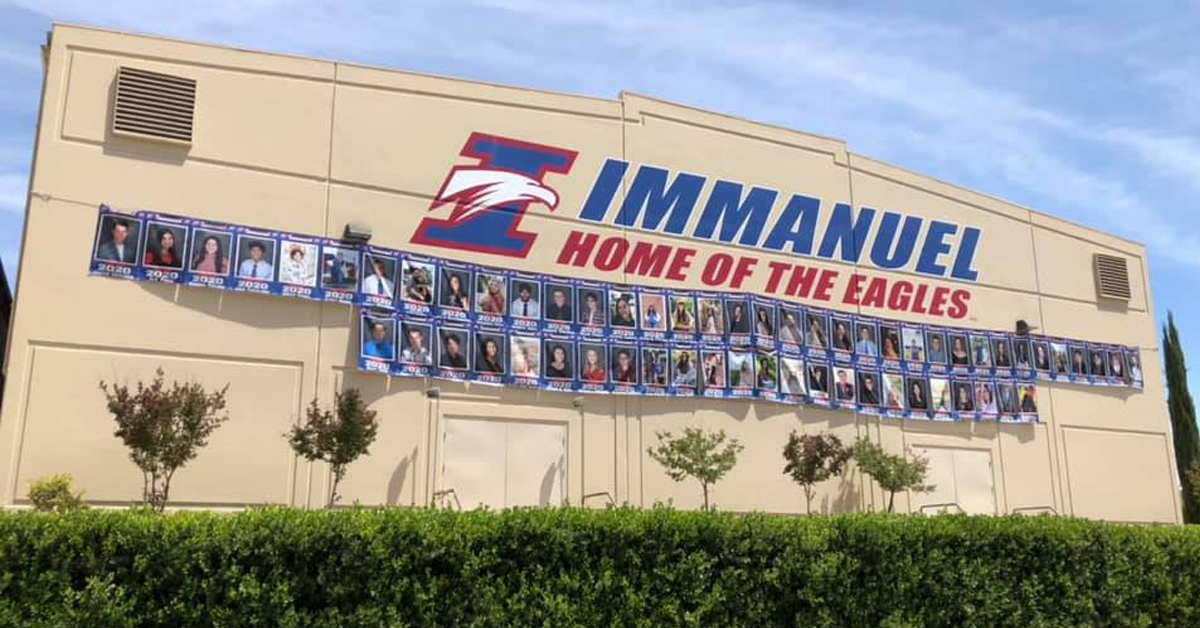Books distributed to Fresno Unified by a top LGBTQ nonprofit are stirring consternation among concerned parents about their age appropriateness.
The literature, distributed by nonprofit Gender Nation, were placed in specially-decorated displays at Fresno Unified elementary school libraries, parents report, prompting pushback and a call for answers from school district officials about their placement.
The nonprofit announced its intent to place more than 1,000 books in 65 schools last year.
These books, distributed to every elementary school in the Fresno Unified School District and now made available to every student of any age. Books Guevara says he found set apart in a special section of the Pyle Elementary school library where his kids go to school.
“Not only is it decorated,” Guevara relates, “it’s probably like this wide and from here to the ground. There’s a superhero boy section right underneath which is kind of odd because the boys look at Batman, Superman and they look right up and there’s a guy pretending to be a girl.”
The books were donated by “Gender Nation”, a nonprofit whose mission, one article describes as “to empower and validate kids through access to inclusive stories that reflect the full spectrum of sexuality and gender identity,” but it’s a mission many parents and educators say they are not ready to embrace.
Former instructor Sandy Torosian notes, “my concern is that not only just in the library, but the discussion of gender can show up at any time, in any class and in any grade.”
Fresno Unified officials responded to complaints from parents:
“We have for the most part our teams do look at them,” responds Castillo. “We haven’t looked at these two books in particular. For the most part, we do check for age appropriateness.”
What if the parents’ complaints are not being heard about the content of these books and classes?
“Well we definitely want to make sure our parents can voice their concerns to administrators or to the central office,” Castillo explains. “We definitely want to make sure we’re clear on that, but at the same time we also look at policy and practice and we look at ed. code as well to make sure that we are committing to what the state asks us to do as well.”
What the state asks is spelled out very clearly, says Castillo, in the Fair Education Act, signed into law in 2011 and put into effect January 1, 2012.
“It talks about gender identity, gender spectrum, the different gender orientations and it does give mandates,” Castillo points out, “to make sure that we are doing these things in the grade levels”










